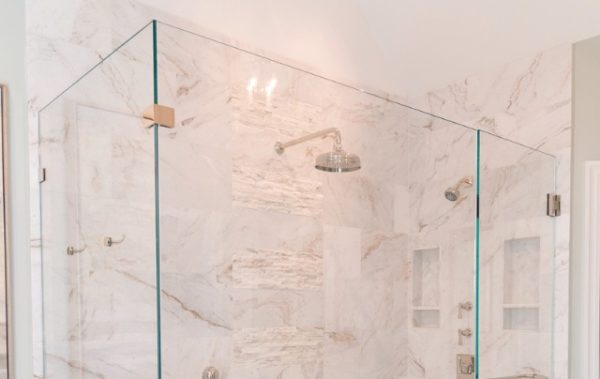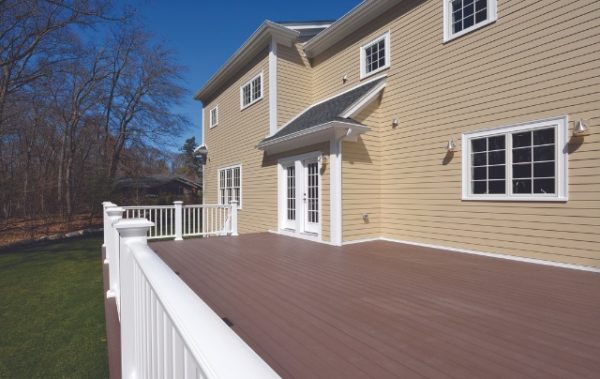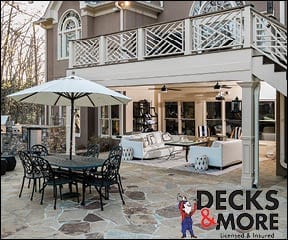Aged to Perfection

Storing and collecting wine has become a growing trend in many homes. Once bottled, wine continues to mature, and the correct storage is essential to help it age gracefully and tastefully.
Types of Storage
 Racks This method of storage holds wine at the proper angle to keep the cork moist. Pro: Various sizes and shapes, from small tabletop units to large display cases, can store a few or many bottles. Con: Does not have a cooling unit and cannot control lighting and humidity. |
 Refrigerators These coolers are designed to keep wine at its proper serving temperature. Pro: Wine is almost always at the perfect temperature for consumption. Con: Not ideal for long-term storage and proper aging. |
 Cabinets Wine cabinets keep wine in a cool, high-humidity environment. Many cabinets come with a cooling system made of insulated surfaces that keep the temperature at an optimum level for wine storage. Pro: Ideal for long-term storage of a wine collection. Con: Some storage units are large and take up a lot of space. |
 Cellars Often located in basements, cellars keep your wine collection at the optimum temperature and light level for appropriate aging. Pro: Perfect for large wine collections—provides storage at an ideal temperature and humidity level, also offers ideal lighting conditions. Con: The cost of building and maintaining a cellar, along with the space a cellar requires, is not practical for most homeowners. |
Suggested Aging
In general, more expensive wines should be aged longer. Less-expensive wines (usually under $10) should be consumed within 6 months to 1 year from the date of purchase. Also, red wines generally age better than white wines. Use the following table as a guide to aging:
| TYPE Cabernet Sauvignon Merlot Syrah/Shiraz |
COST $12-$25 $25+ $12-$25 $25+ $12-$25 $12-$25 $12-$25 |
AGE 5-6 years 7-15 years 3-4 years 5-12 years 3-5 years Consume within 5 years Consume within 3-4 years |
| Storage Tips ➤ Too much air causes wine to lose freshness, leading to a vinegar taste in your wine. A good cork will keep air exchange to a minimum, but the cork must remain moist so no additional air seeps into the bottle. To keep the cork moist, wine should be stored horizontally. ➤ Temperature is key. If wine is stored in conditions that are too cold, the cork will shrink and allow air in. If conditions are too warm, the wine will age too fast. The optimum temperature for storing wine is typically 50 to 55 degrees. ➤ Light exposure must be kept to a minimum to avoid an unpleasant aroma. ➤ Vibrations interfere with aging and stir up sediments. Try to avoid moving bottles until the wine is ready to be served. Personality Match ➤ The entertainer: Make sure to have bottles that are ready to drink on hand and can serve a variety of different tastes. ➤ The businessman: You view wine as an investment and choose to collect wines that you rarely, if ever, drink. It is crucial for you to have proper refrigeration and humidity levels for your wine storage. ➤ The occasional drinker: Keep a few special bottles on hand, such as champagne, to celebrate special occasions. —Brian Rosen, president, Sam’s Wine and Spirits, www.samswine.com |
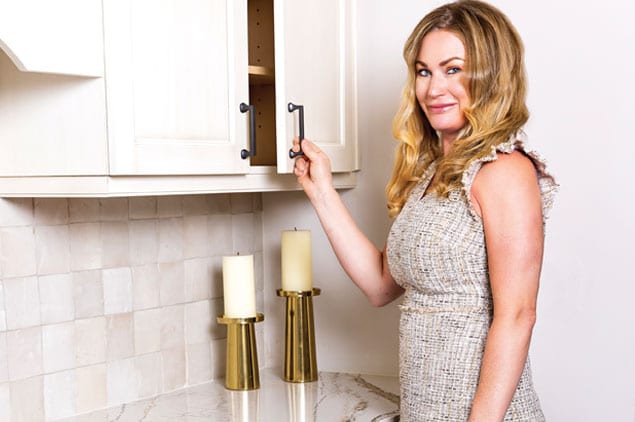
Meet Janice Overbeck, Realtor Role Model and 2021 Rising Stars Top 10

Debunking wood countertop myths

Q & A – I’m remodeling my bathroom. What tile types would you recommend?
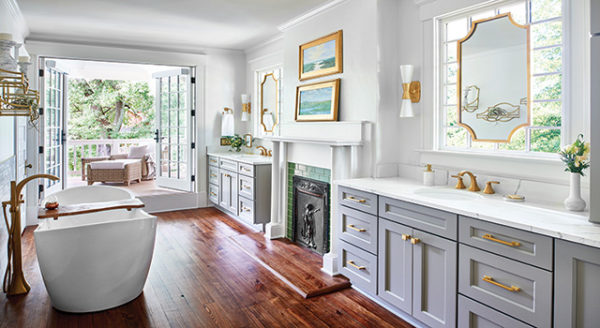
Award-Winning Kitchens, Baths, Interior Design and More
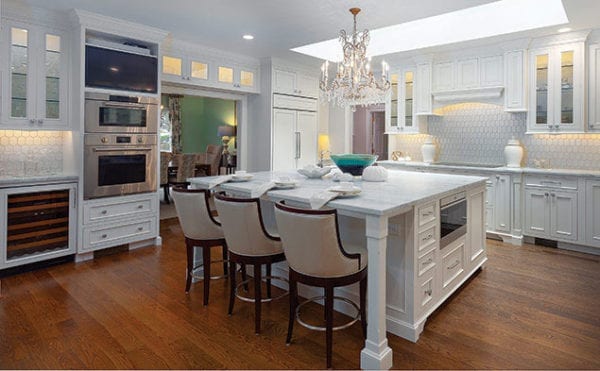
Atlanta’s NKBA Designs of Distinction 2019 Winners

100 Things to Know Before You Remodel
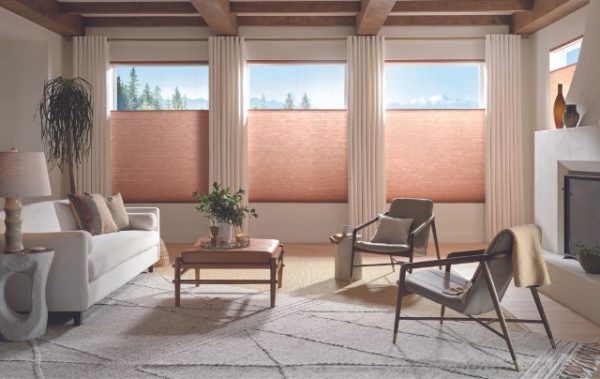
What’s the simplest way to upgrade your window treatments?
